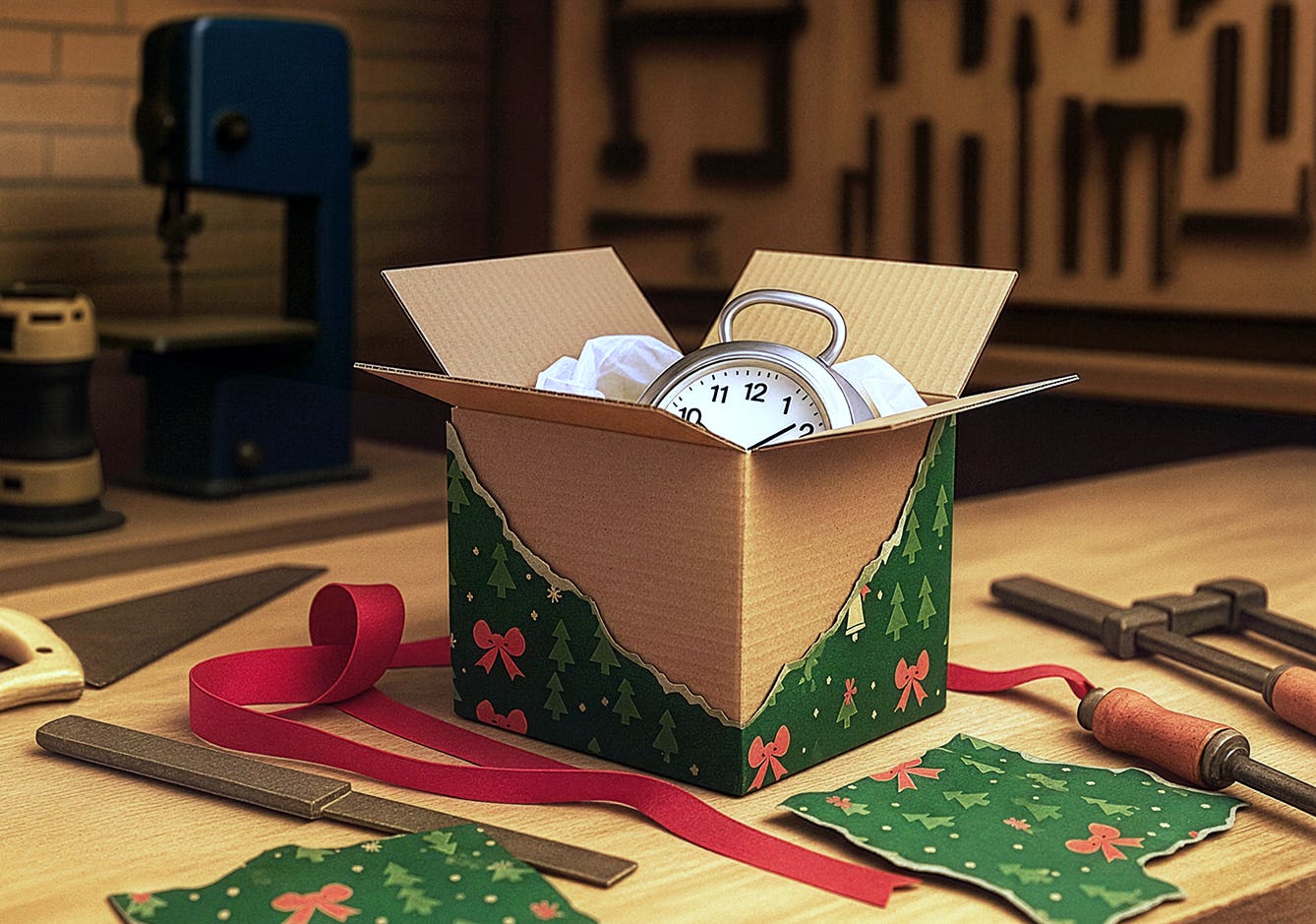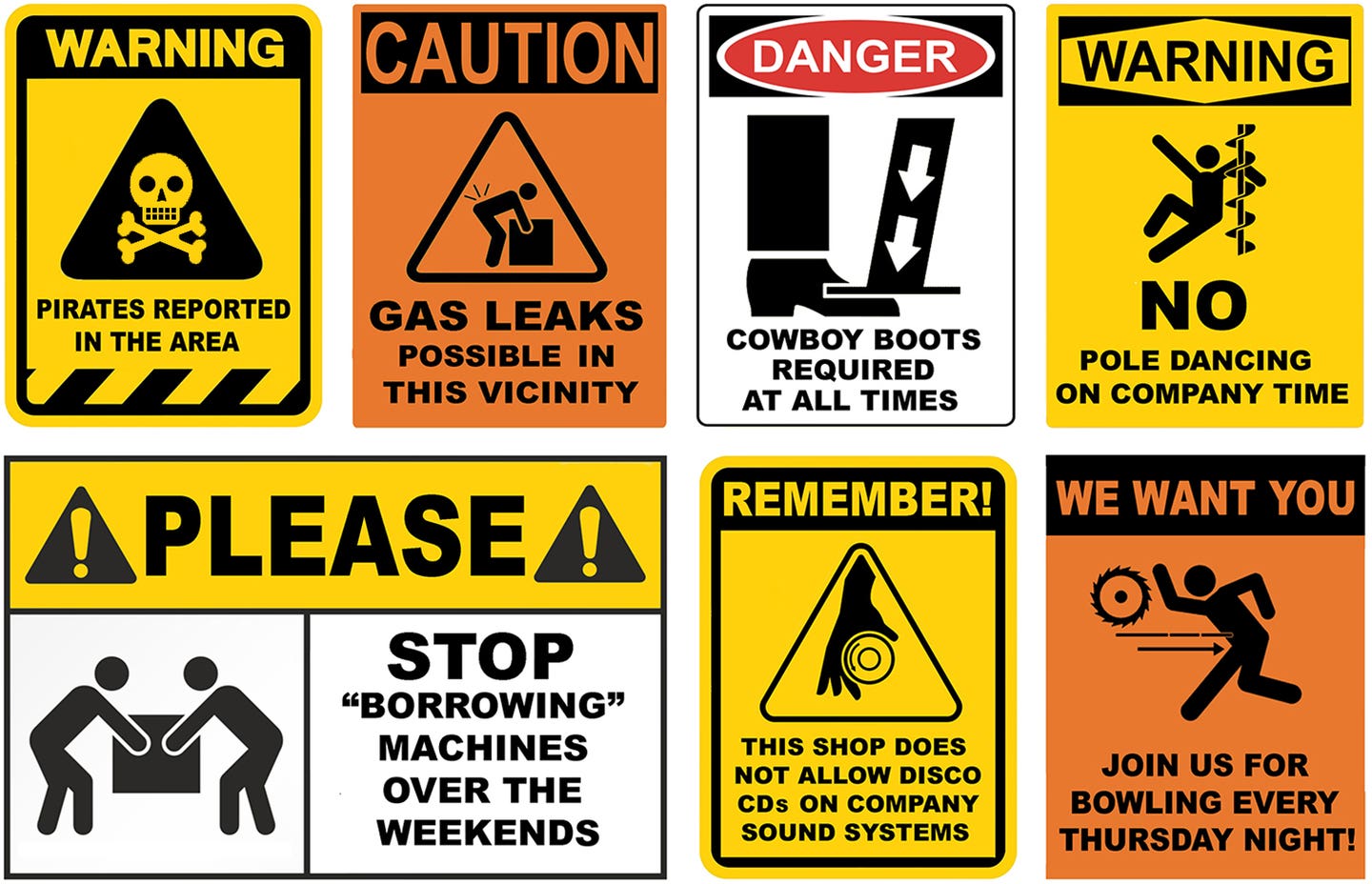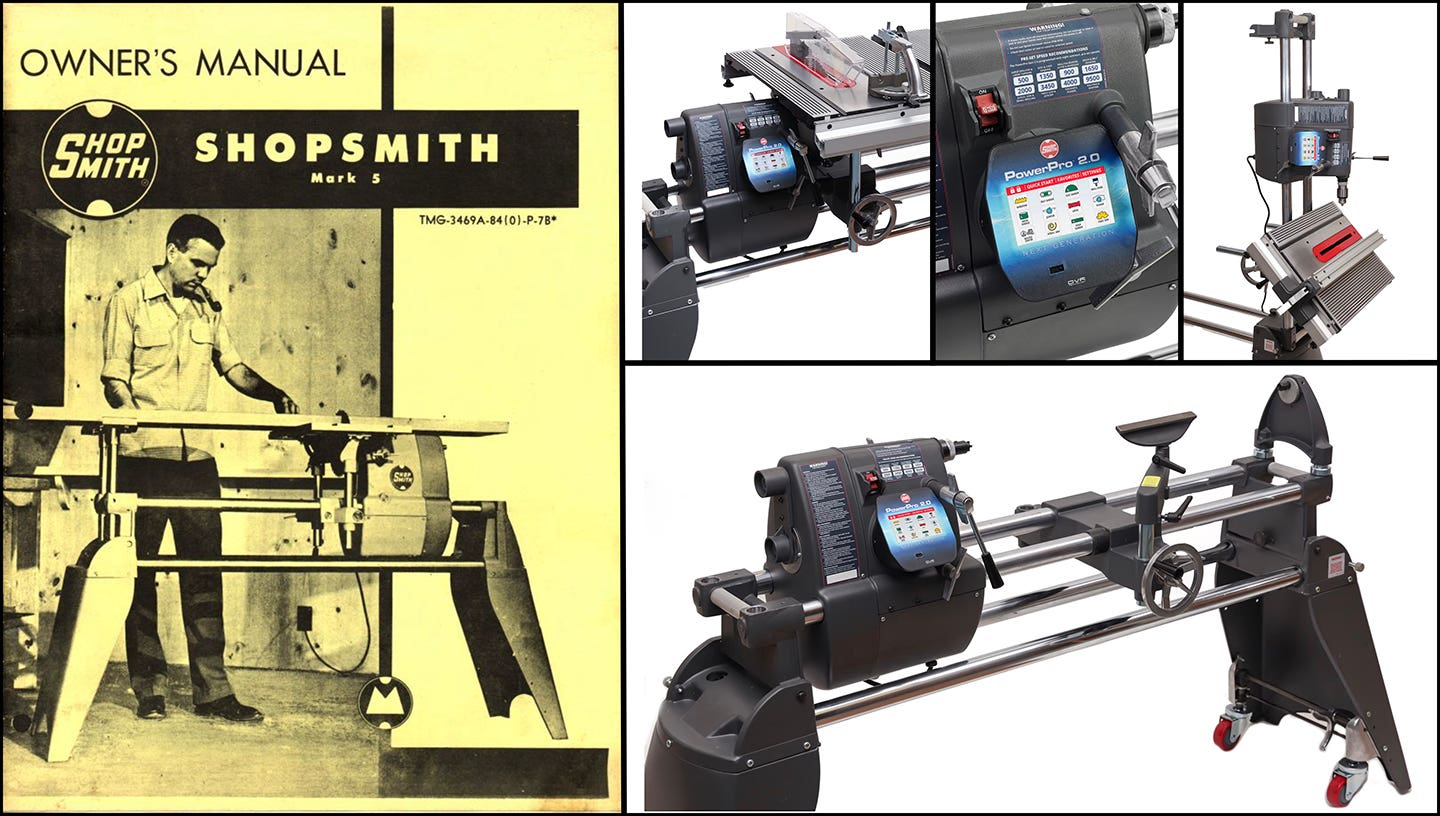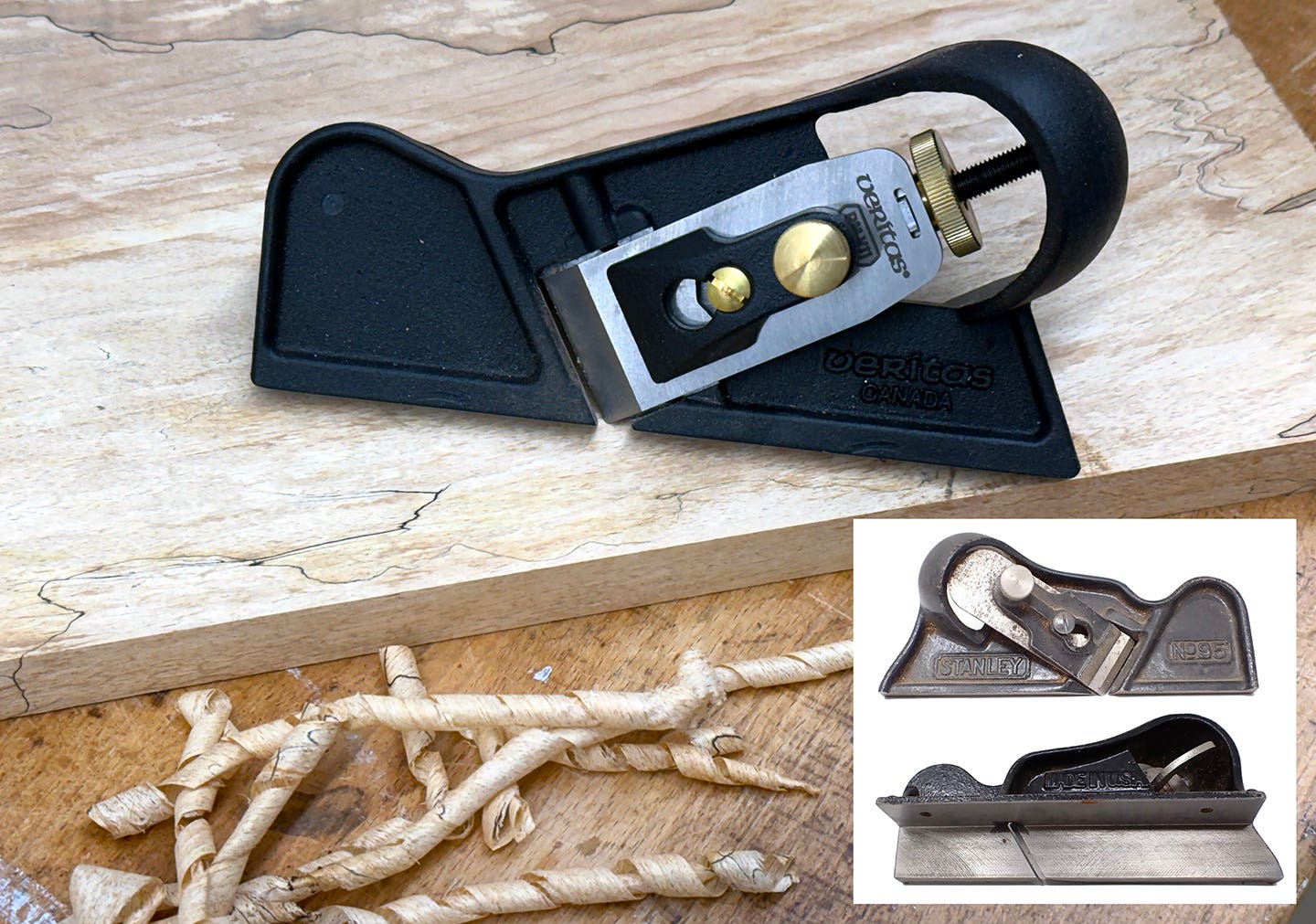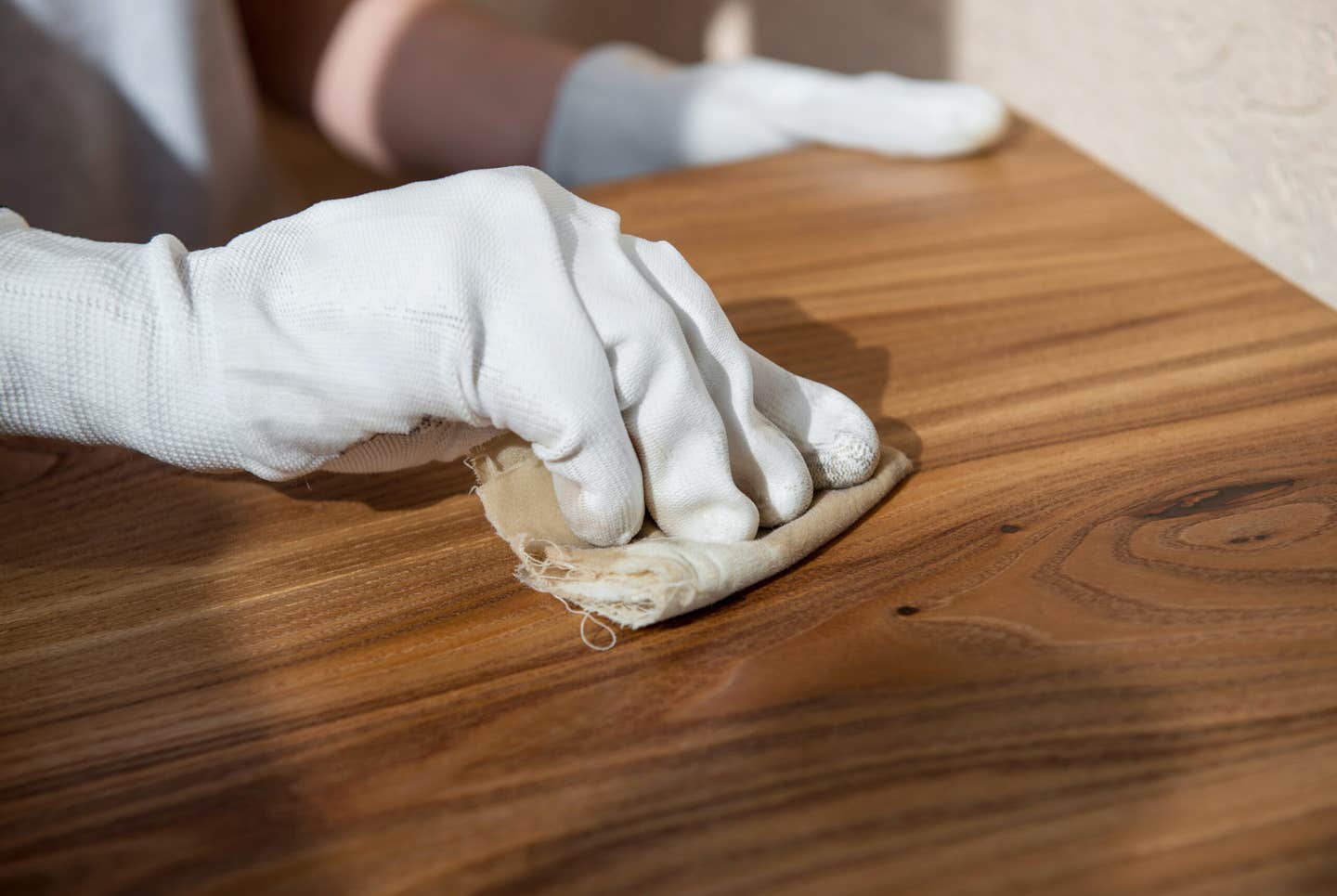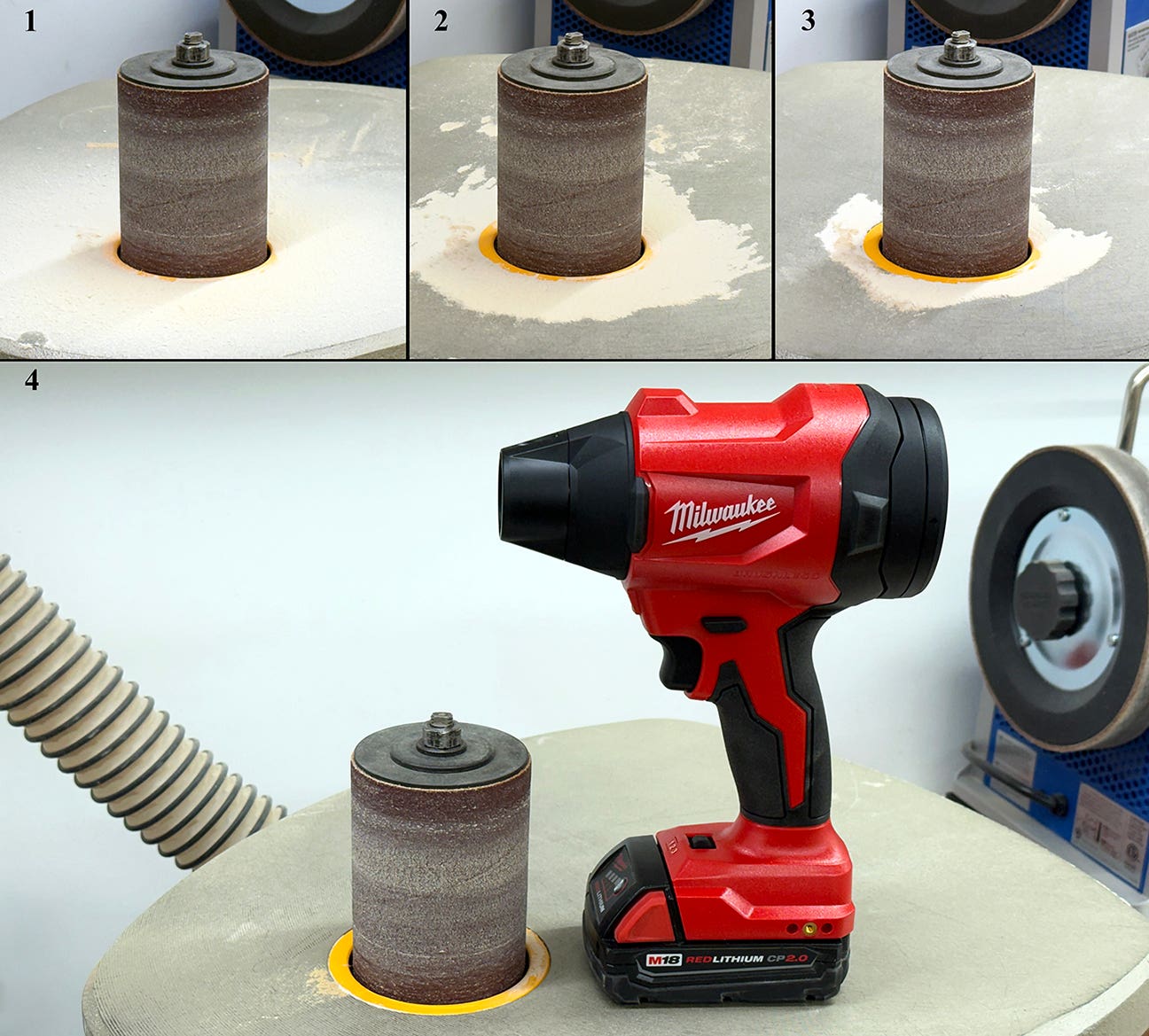Cheap shot
We’ve discussed before that woodworking tools and materials are made more cheaply today. But is “cheaper” always bad in the literal sense? I got a new table saw. Not a…
We’ve discussed before that woodworking tools and materials are made more cheaply today. But is “cheaper” always bad in the literal sense?
I got a new table saw. Not a bigger one, but essentially the latest version of the decade-old saw I already had. I didn’t need more power or capacity, but I did want features not available when I got my old one. My new machine has many improvements over the old one, chief among them a riving knife and a superior fence system. However, some things are a lot cheaper on the new one.
Rather than list all the differences, I’ll cite one example that seems typical of the newer, cheaper manufacturing and that’s the hand wheels for adjusting blade height and cutting angle. On my old saw the hand wheels measured 7”, were made of cast iron with a chromed steel handle, and weighed about 4 lbs. each. The wheels on the new saw measure 6”, are made of cast aluminum with a plastic handle, and weigh only a 1/2 lb.
I’m disappointed those hand wheels aren’t as beefy as the old ones (no, I can’t swap them out), but just because they’re made cheaper does that automatically mean they aren’t as good? To the contrary, they appear quite well made, if smaller and lighter. They work just fine – the redesigned trunnion on the new machine is far smoother and easier to adjust than the old one; another big improvement – and will likely get the job done for many years to come.
But if the manufacturer saved X amount of dollars on those hand wheels (along with other items not as heavy as on the old one), it’s likely all those things helped to keep the final cost of the machine from rising as much as you might expect. Sure, this model of the saw is more expensive than the original was 10 years ago, but without cutting corners here and there it would surely have been even pricier.
The word “cheap” can mean either “less expensive” or “junk,” and I think we often go for that second meaning the moment we see something less substantial than we’re used to. Sure, sometimes it is junk, but not always. Sometimes, it’s just less expensive to produce.
I miss those bigger hand wheels, but the new ones don’t affect my woodworking in any negative way. And if it means helping to keep prices from inflating as much as they already do, then I’m not so sure that making things cheaper is always the bad thing we immediately assume.
A.J.
A.J. Hamler is the former editor of Woodshop News and Woodcraft Magazine. He's currently a freelance woodworking writer/editor, which is another way of stating self-employed. When he's not writing or in the shop, he enjoys science fiction, gourmet cooking and Civil War reenacting, but not at the same time.


